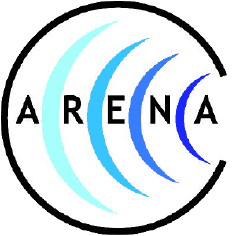Orateur
Max Neff
(Erlangen Centre for Astroparticle Physics (ECAP))
Description
The AMADEUS system is designed to investigate the method of acoustic particle detection for neutrinos and the acoustic background in the deep sea. Located in the Mediterranean Sea, it consists of six clusters of six acoustic sensors each.
The background of transient acoustic signals in the deep sea is very diverse stemming from anthropogenic and biological sources as well as weather correlated sources on the sea surface like breaking waves. This situation makes a powerful classification scheme very important.
As a first step, the incoming continuous data stream is subjected to an on-line filter in order to reduce the amount of data stored for off-line classification and reconstruction. This is performed by a filter set-up consisting of a self adjusting amplitude threshold for transient signals and a matched filter for bipolar-like signals. From the on-line filtered data the features of the waveform in the
time and frequency domain are extracted as well as from the results of matched filters with different reference signals. The resulting feature vector is used for the classification, which consists of a chain of machine learning algorithms trained and tested with simulation data.
Within the presentation the simulation chain and the key features of the classification will be described.
Auteur
Max Neff
(Erlangen Centre for Astroparticle Physics (ECAP))
